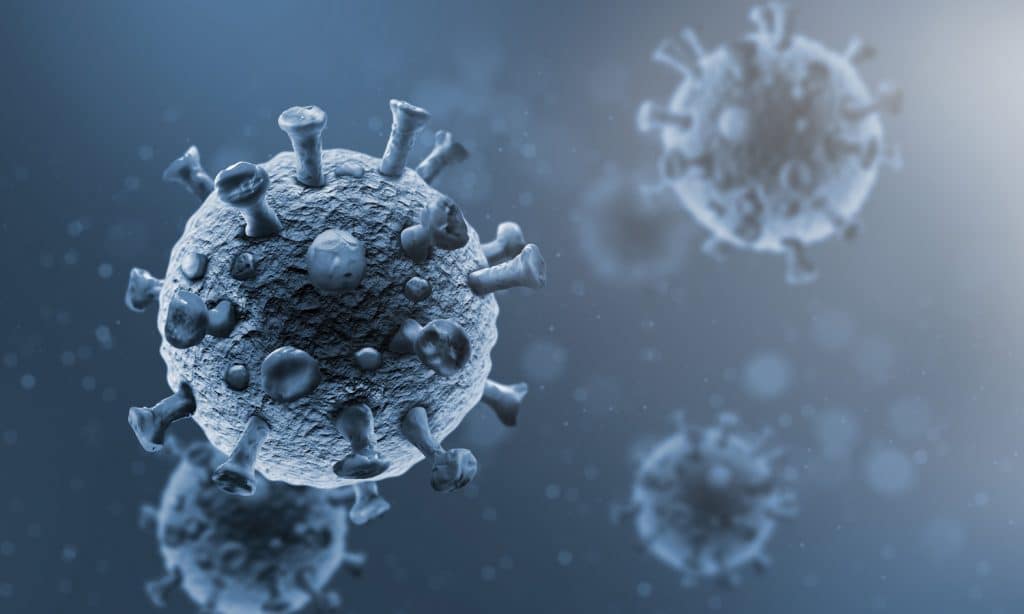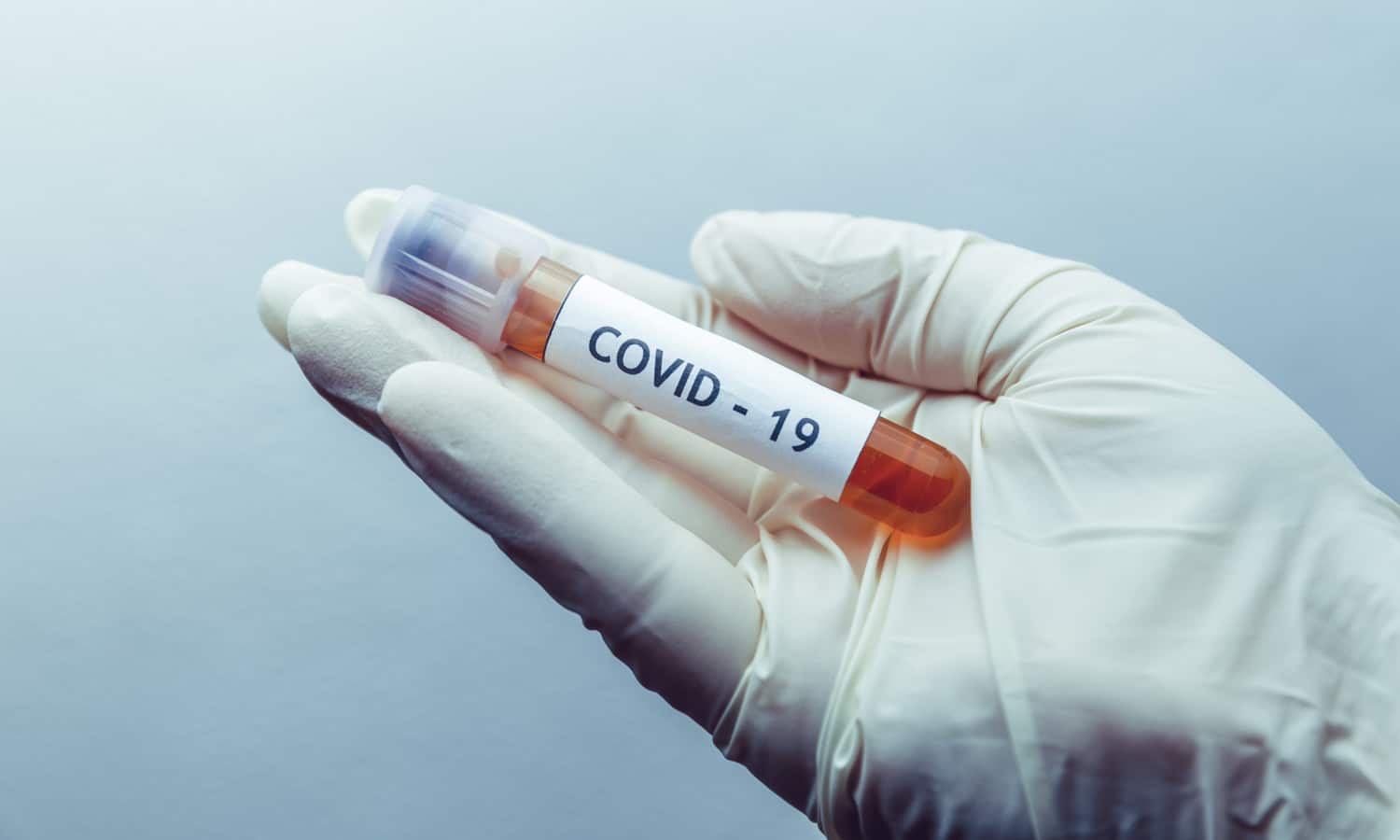Using serological testing can elevate better data for public health practitioners as well as patient tracking to allow for the identification of who has been infected by COVID-19.
“Every step we have taken as part of our approach to COVID-19 testing has been a careful balancing of risks and benefits in order to meet the urgent public health needs as we combat this new pathogen.” (FDA)
The U.S. Food and Drug Administration (FDA) announced in mid-April news around COVID-19 antibody tests (or serological tests) with both their function and availability. Tackling the complexity of informing the public about testing capacity and approval of certain tests, the FDA explained these a few vital positions:
- Those interested in submitting a test for approval with the FDA may request FDA authorization through the emergency use authorization (EUA) process. More information around EUAs and the four that have already been approved (as of April 18th) is located here. In their declaration, the FDA explained, “We are working around-the-clock to review EUA submissions quickly and we continue to take steps to ensure the process is as streamlined and efficient as possible.”
- In partnership with the National Institutes of Health’s National Cancer Institute (NCI) and National Institute of Allergy and Infectious Diseases (NIAID) and the Centers for Disease Control and Prevention (CDC), the FDA has formed a collaboration to evaluate serological tests for developers. The FDA cited that performance tests are beginning “soon” and that they expect to see results, “shortly-after.”
- Explaining the need for both flexibility and speed, the FDA incorporated feedback from the medical community, as well as states and test developers. Using the feedback, the FDA is working to actively provide laboratories and health care providers (HCPs) with, “early access to these tests with the understanding that the FDA has not reviewed or authorized the tests.” Meaning that while the FDA is following its own EUA process, some tests may be available to healthcare clinics and professionals that have not been vetted in their normal process.

RELATED: The Latest On FDA Clinical Trials During COVID-19 Pandemic
The FDA explained further that it has issued, “a policy explaining that FDA does not intend to object when developers of serological tests market or use their tests without prior FDA review” when three points are present. These are:
1.) The tests are validated by the developer to determine they are accurate and reliable
2.) Notification of the developer’s validation is provided to the FDA
3.) Tests must be labeled appropriately
The FDA also shared that its policies do not apply to at-home testing because of challenges in accuracy.
Using serological testing can elevate better data for public health practitioners as well as patient tracking to allow for the identification of who has been infected by COVID-19 and individuals with antibodies that can be used to manufacture convalescent plasma, which in early results has been effective in those fighting the disease.


